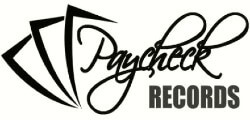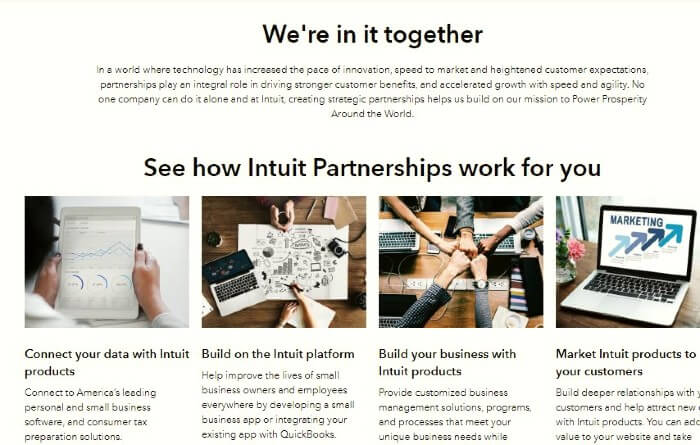
The sole reason the EEOC wants all the employers to keep paychecks three years after an employee’s termination date is for investigative plans if there is an equal pay problem at Paycheckrecords. With established and easily obtainable check records, an employer can quickly resolve pay equity problems before the issue hits the brand’s reliability.
When an employee gets the salary records are stored in an HRIS, employers can save the employee data and information that may be related to those records. This can be useful to confirm pay equity.
For instance, if any employee claims that work hours were reduced due to judgment, but that the reason was really a production problem, it may be helpful to have documentation with reviews of performance at Paycheckrecords.com.

On the same side, Self-service is a module that is usually offered with human support software. If the payroll is also included as a module, managers may need to do very little work for the employees to reach their paychecks and other data at the Paycheckrecords Login.
This can save HR professionals time to access those records, reduce bottlenecks, and allow them to focus on more critical tasks. Self-service access is available and satisfying for employees, as the report is immediately accessible at Paycheckrecords Login.
Employees can use self-service to post a notice on all aspects of payroll, including the gross salary, net salary, previous paychecks, individual opinions, contributions, PTO balances, etc. When analysis can be applied to historical payroll reports, doors are opened to recognize patterns and better ways to manage employee considerations.
Employers can use cross-references to evaluate how bonuses have impaired performance or whether earnings improve productivity and employee satisfaction. However, managing all the payment records can be difficult manually, but using Paycheckrecords personal software can simplify the process and keep records prepared and available.